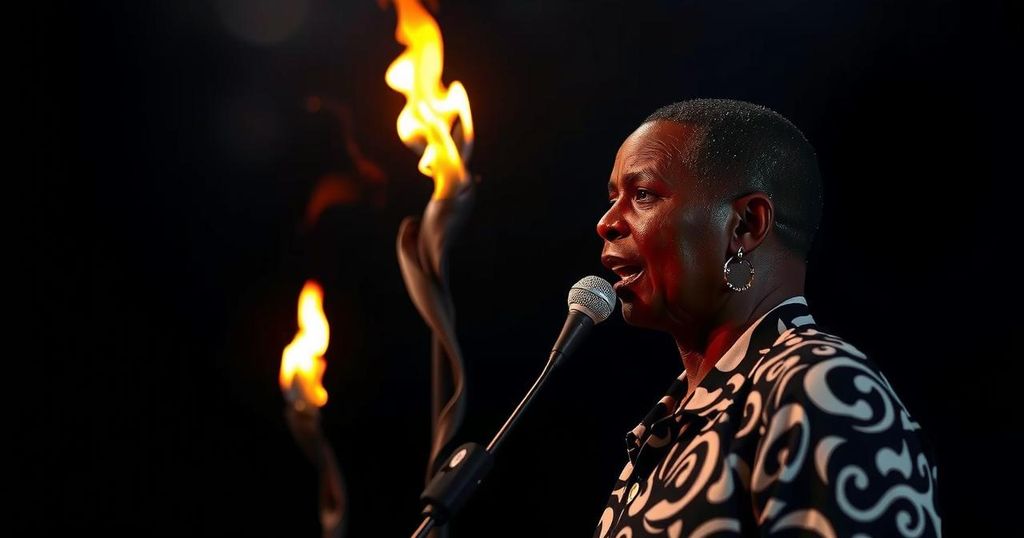Botswana’s ruling party, the Botswana Democratic Party, has lost its majority in parliament after nearly sixty years of power, according to preliminary results. President Mokgweetsi Masisi’s party won only one seat, while opposition parties captured 31 seats, impacting the country’s political landscape significantly amidst economic challenges driven by a decline in diamond demand.
In a remarkable turn of events, Botswana’s long-standing ruling party, the Botswana Democratic Party (BDP), has lost its parliamentary majority after nearly sixty years of governance. Preliminary election results indicate that the BDP, led by President Mokgweetsi Masisi, secured only one seat in the nation’s parliament as opposition factions captured 31 of the total 61 seats. The opposition coalition, primarily consisting of the Umbrella for Democratic Change led by human rights lawyer Duma Boko, claimed 19 seats, while the Botswana Congress Party, spearheaded by economist Dumelang Saleshando, garnered seven seats. Additionally, the Botswana Patriotic Front, associated with former President Ian Khama, obtained five seats. This unprecedented electoral outcome has significant implications, as the party with the majority of seats holds the privilege to elect the president and establish the government. President Masisi, a seasoned educator and UNICEF worker, was widely anticipated to maintain his parliamentary dominance and embark on a second and final term. Despite Botswana’s reputation as one of Africa’s most prosperous and stable democracies, the BDP’s governance has suffered adverse effects from a global decline in diamond demand, which constitutes over 80 percent of the country’s exports. As a result, economic growth forecasts by the International Monetary Fund project a stagnation to 1 percent in 2024, a drop from 2.3 percent in the previous year and 5.5 percent in 2022, amid rising unemployment rates that have hit 27 percent.
Botswana’s political landscape has been dominated by the BDP since its independence in 1966. This party’s longstanding rule has contributed to the country’s status as a beacon of stability in Africa, boasting significant economic growth primarily reliant on diamond mining. However, recent years have shown a troubling downturn due to decreasing global demand for gemstones, which has substantially affected the economy. The current elections signal a crucial shift as the BDP faced intensified competition from innovative opposition parties. The election highlights changing public sentiments and potential future challenges for governance in Botswana.
The recent electoral defeat of Botswana’s ruling party marks a pivotal shift in the nation’s political trajectory after decades of stable governance. The emergence of opposition parties winning a majority in parliament underscores a potential transformation in Botswana’s administration. As the new political dynamics unfold, challenges related to economic recovery and governance will remain focal points for the nation’s future.
Original Source: www.aljazeera.com






